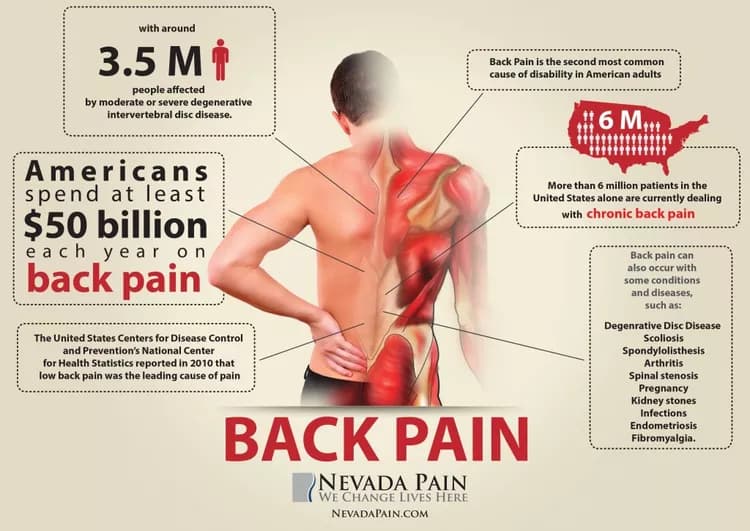
Study Shows Spinal Cord Stimulation Reduces Emotional Aspect Of Chronic Pain
Researchers at The Ohio State University Wexner Medical Center have shown that patients who have chronic pain can reduce their emotional response to the pain through spinal cord stimulation.
The study results are published as the cover article and Editor's Choice in the latest issue of the journal Neuromodulation: Technology at the Neural Interface, published by the International Neuromodulation Society.
"Our initial study provides insights into the role of the brain's emotional networks in relieving chronic pain. We are the first to show that therapeutic spinal cord stimulation can reduce the emotional connectivity and processing in certain areas of the brain in those with chronic pain," said principal investigator Dr. Ali Rezai,
Director of the Center for Neuromodulation. "Being able to modulate the connections between the brain areas involved in emotions and those linked to sensations may be an important mechanism involved in pain relief linked to spinal cord stimulation."
Researchers at Ohio State's Neurological Institute studied 10 patients who were living with severe chronic leg pain who were implanted with a spinal cord stimulator to reduce their pain. This research builds off previous findings that proposed the concept of the neuromatrix theory of pain, in which pain perception varies according to cognitive, emotional and sensory influences.
The default mode network (DMN) is the resting state network of the brain and plays a key role in the cognitive and emotional aspects of pain perception. It's also associated with functional connectivity hubs and brain networks. The resting DMN is abnormal in patients with chronic painful conditions, implicating the impact of such chronic conditions on areas beyond pain perception.
"By using functional magnetic resonance imaging (fMRI), we mapped the areas of the brain involved in pain perception and modulation. If we can understand neural networks implicated in the pathophysiology of pain, then we can develop new therapies to manage chronic persistent pain," said first author Dr. Milind Deogaonkar, an Ohio State neurosurgeon who specializes in neuromodulation.
Other Ohio State researchers involved in the study are Mayur Sharma, Dylan Nielson, Xiangyu, Louis Vera-Portocarrero, Gregory F. Molnar, Amin Abduljalil, Per Sederberg and Michael Knopp. Chima Oluigbo of the Children's National Medical Center in Washington is also involved in the study.
The above post is reprinted from materials provided by Ohio State University Wexner Medical Center. Note: Materials may be edited for content and length.
Disclaimer: DoveMed is not responsible for the adapted accuracy of news releases posted to DoveMed by contributing universities and institutions.
Primary Resource:
Deogaonkar, M., Sharma, M., Oluigbo, C., Nielson, D. M., Yang, X., Vera‐Portocarrero, L., ... & Rezai, A. R. (2015). Spinal Cord Stimulation (SCS) and Functional Magnetic Resonance Imaging (fMRI): Modulation of Cortical Connectivity With Therapeutic SCS. Neuromodulation: Technology at the Neural Interface.
Related Articles
Test Your Knowledge
Asked by users
Related Centers
Related Specialties
Related Physicians
Related Procedures
Related Resources
Join DoveHubs
and connect with fellow professionals

0 Comments
Please log in to post a comment.